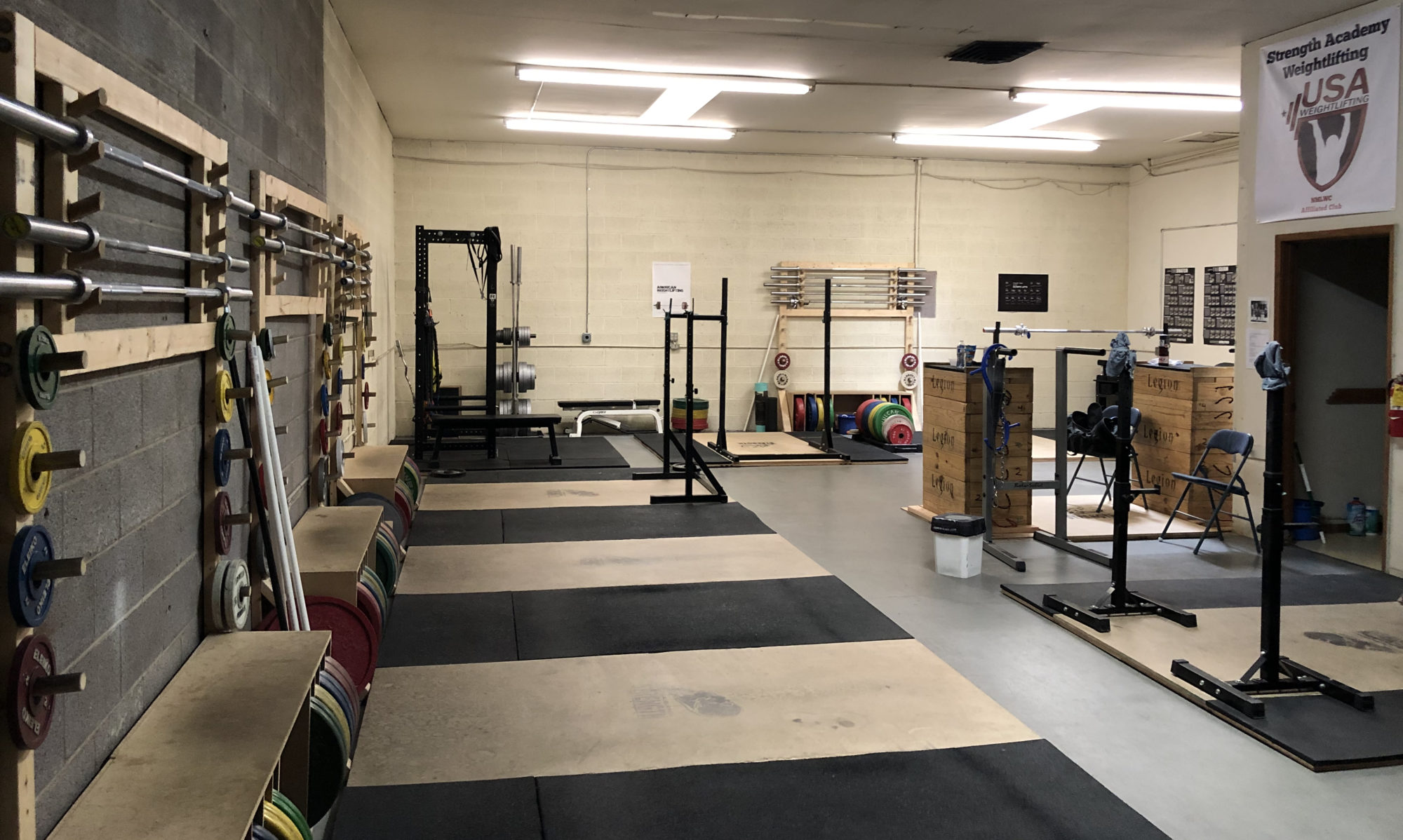What kind of creatine should I take? What sort of diet should I follow? What mobility routine will help my lifts in the right direction? These questions are all too common and flood every fitness discussion. I believe this is a misdirection on our part, we are looking for that one easy thing that will make “all the difference” in our strength or body composition. While we seem to overlook the most valuable asset we have. What is the one thing you can do everyday to help put 20kg on your back squat? Sleep. To help you lean out on your new diet? Sleep. To solidify all the hard work you’ve put into your technique? Sleep. You. Have. To. Sleep.
You’re Drunk
First of all, if you’re chronically depriving yourself of sleep you have the motor functions of a drunk person. Sleep deprivation can decrease reaction time, increase losses in focus and generally makes you feel weaker. The olympic lifts are extremely technical, and require you to be at the top of your abilities to get them down. If you are battling with a foggy brain from only getting five or six hours of sleep the night before; you probably aren’t going to be at your best trying to master the lifts and drive your strength upwards. Secondly, sleep will help you out with your diet goals as well. Getting a good night of sleep can help reduce the risk for insulin resistance, and other metabolic diseases. Alternatively sleeping poorly can have negative impacts on the bodies ability to lose fat, gain muscle, and regulate hunger. Last but not least, sleep is when we etch new memories and motor patterns into our brains. If you put in a couple hours of solid practice on your snatch pull, but you don’t sleep that night… you won’t be retaining as much as you could with a full night sleep. So in short losing sleep will make you weaker, worse at lifting, and potentially at greater health risks in your day to day life.
Quantity
Listen. I know, the new season of Kimmy Schmidt is pretty good, but you’re probably going to have to watch less tv and get off your phone. Traditionally we hear that the sleep standard we should be shooting for is seven to eight hours, and for your average person this might be okay. If you are a training in a strength sport three to five days per week, you are not the average. It is recommended that lifters get between nine to ten hours of sleep. Does that mean you will? No, probably not, but it should show you how far off base you are with the five or six hours you’re getting. You need to try to get as much sleep as you can every night if you want to make the best progress you’re capable off. If you have a crazy schedule, try to find time for a nap a couple days per week. Make sleeping a priority. If you slept poorly all week, be conservative on heavy workouts and stay safe, it’s not worth risking an injury.
Quality
Here are a couple of things that can help you improve the quality of the sleep you’re already getting. First, limit screen time. For the two hours before bed refrain from watching tv or looking at your phone, the blue light can stimulate wakefulness. Some people will wear blue blocking glasses to use their devices, but then you have to be the guy who wears sunglasses inside at night, so it’s your call. Second, it can be helpful if you keep your room designated as a sleeping only room. Try to refrain from working, eating or watching movies in your bedroom, make is associated purely with sleep. Lastly, you’ll want to make sure that your room is as pitch black as it can be, and cool to boot. Blackout curtains and a fan go a long way toward improving sleep quality. Again, if you want to be that sort of person, you can go as far as to put tinfoil all over your windows to block the light.
Wrap up
We all want the quick fix, but there is no replacement for sleep. No supplement regimen, detox drink, or fad diet can help you if your sleep is dreadful. Sleep keeps you healthy, makes you stronger, and encodes the difficult technique we are all trying to master. It’s not admirable to sleep only four to five hours a night, it’s unhealthy and limits your success in the long run. Try making sleep a priority, you’ll be shocked by how much better you perform.
